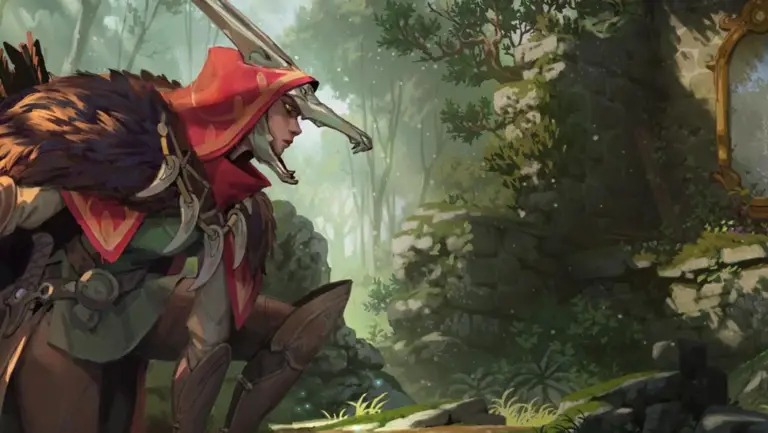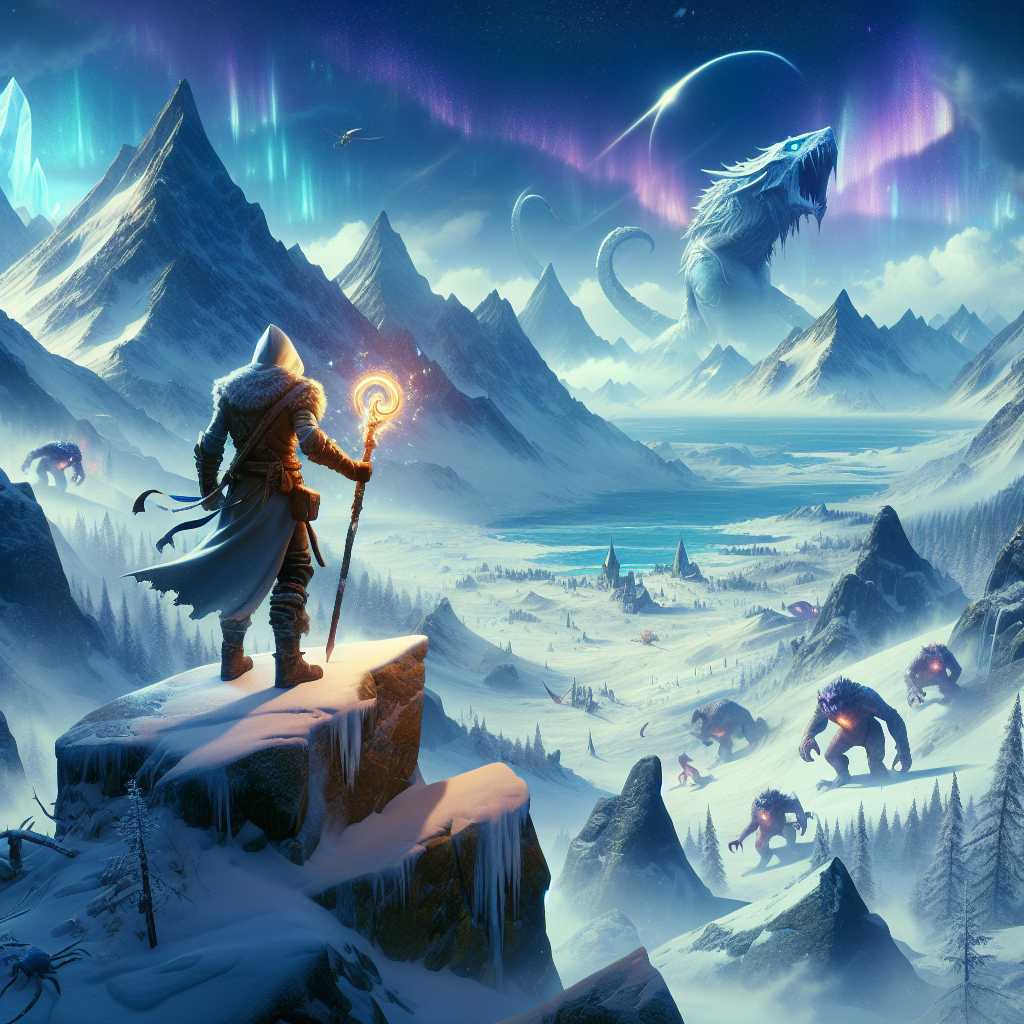Introduction
Blizzard Entertainment’s ambitious foray into the survival game genre with its untitled project has come to an abrupt end. The game, which had been in development for over six years, was met with enthusiasm from both current and former employees, hinting at a game that promised to deliver a new world unlike any other created by Blizzard. Despite the positive internal buzz and a significant expansion of the development team, the game was ultimately canceled by Microsoft, resulting in the loss of jobs for the developers involved. This unexpected turn of events marks a significant shift for the company, known for its storied history of successful franchises such as Warhammer Vermintide 2 and others.
Development and Cancellation
The journey of Blizzard’s unnamed survival game was a rollercoaster of development milestones and unexpected turns. Initially announced in early 2022, the game had already been in the making for over four years. The development team saw a significant increase in size during that year, with plans to continue growing into 2023. However, after more than six years of development and despite the positive internal feedback, the project was ultimately shelved. Here is a timeline of the key events that marked the life cycle of this ill-fated game:
- Early 2022: Blizzard announces the survival game after four years of development.
- 2022: The development team doubles in size, with intentions to expand further in 2023.
- 2024: After over six years of development, Microsoft cancels the game, leading to layoffs.
The cancellation of this highly anticipated game not only marks the end of its development journey but also underscores the volatility of the gaming industry, where even the most promising projects can face abrupt termination.
Team Layoffs
The cancellation of Blizzard’s unnamed survival game led to a wave of layoffs, affecting many talented individuals who were part of the development team. The following table lists some of the key team members and their roles who announced their departures:
| Team Member | Role |
|---|---|
| Matt London | Associate Narrative Director |
| Marby Kwong | Senior Concept Artist |
| Ates Bayrak | Designer |
| Renato Iwashima | Senior Software Engineer |
| Michael Dale | Gameplay Programmer |
| Matheus Lima | Character Technical Artist |
| Rachel Quitevis | VFX Artist |
| Megan Embree | Producer |
These layoffs are a stark reminder of the precarious nature of the gaming industry, where job security can be as volatile as the games themselves. The affected team members have taken to social media to share their experiences and seek new opportunities.
Game Concept and Reception
The concept art for Blizzard’s canceled survival game depicted a unique blend of modern-day humans and fantasy elements, suggesting a premise akin to “The Chronicles of Narnia,” where ordinary individuals find themselves in a world filled with fantasy creatures. The two pieces of concept art released to the public showcased an overgrown forest with a floating castle and a hooded forest ranger, hinting at a rich and immersive world that players would have explored.
The game’s reception within Blizzard was overwhelmingly positive. Employees and industry veterans alike praised the project, expressing their excitement and anticipation for what was to come. The game was seen as a potential industry changer, with high expectations set by those who had seen its development closely.
This team is nuts and nice and the project is like… UGH. SO COOL.
— Melissa Kelly @melissakelly.twitter.com (@_mlktea)
January 25, 2022
All I can say is it’s gonna absolutely rock. Hella beautiful too. I cannot wait!
— Christie Golden @ChristieGolden.twitter.com (@ChristieGolden)
January 25, 2022
The enthusiasm for the game was so strong that it led to speculation about whether Blizzard had orchestrated a promotional push through its employees. However, the company clarified that the excitement was genuine, stemming from the team’s passion for the game they were creating.

The positive internal buzz and the striking concept art left many wondering what could have been, had the game reached completion and been released to the public.
Industry Impact and Challenges
The now-canceled Blizzard survival game had the potential to make a significant impact on the gaming industry. Its unique concept and the positive reception from within Blizzard suggested that it could have introduced innovative gameplay and storytelling elements. The game’s development journey also highlighted the challenges faced by developers, particularly the precarious nature of job security in the gaming industry.
One of the major hurdles for game developers is the requirement of having “shipped games” on their resumes. This industry standard can be a catch-22 for talented individuals who find themselves part of projects that are canceled before release. Not only do they lose their jobs, but they also miss out on the opportunity to have a completed game added to their portfolio, which is often a prerequisite for future employment.
The former Blizzard survival game developers are now confronted with this reality. Despite their contributions to a project that was well-received internally, they must navigate the job market without the advantage of a shipped title to their names. This underscores the inherent risks of working in game development, where the success and stability of one’s career can be as volatile as the industry itself.
The situation is a stark reminder of the importance of resilience and adaptability in the gaming sector, where even the most promising projects can be subject to sudden cancellation.
In reflecting on the creative process at Blizzard, it’s clear that the company has a history of taking risks and pushing the boundaries of gaming. The development of the unnamed survival game was a testament to this spirit of innovation. Despite its cancellation, the project was a bold endeavor that showcased the team’s dedication to creating something new and exciting. Blizzard spokesperson Andrew Reynolds expressed immense gratitude towards the talented individuals who supported the project, acknowledging the difficulty of starting something completely new in the gaming industry. The gratitude and recognition of the team’s efforts serve as a reminder of the passion and hard work that goes into game development, even if the final product never sees the light of day.

